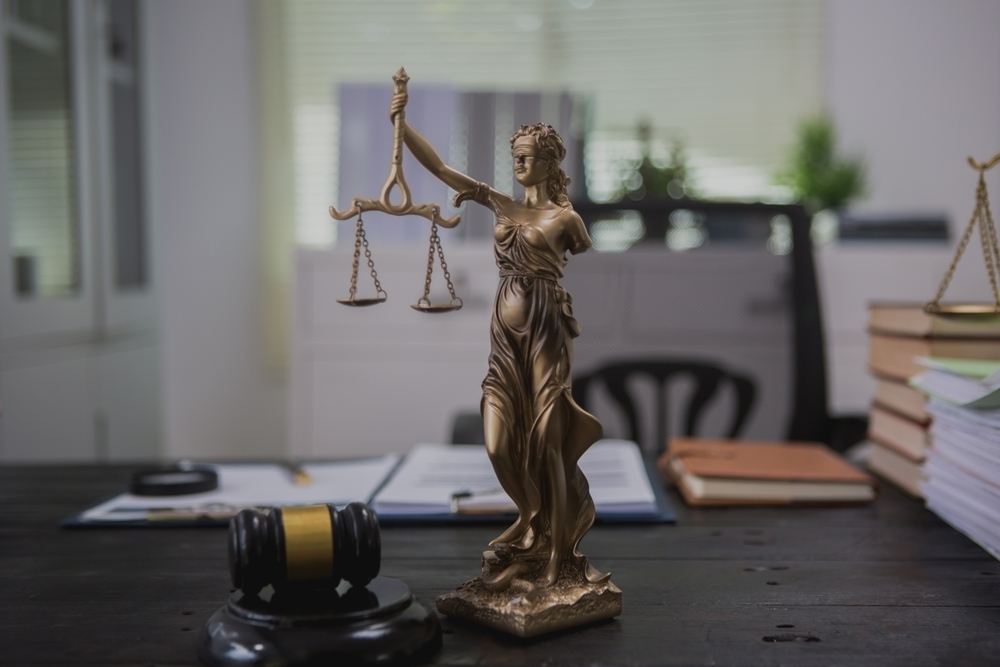
Evidence preservation is crucial in personal injury lawsuits because the outcome of the case often hinges on the quality and availability of evidence. Here's why it's so important:
Proving Liability
To win a personal injury case, the plaintiff must prove that the defendant was negligent and caused harm. Preserved evidence helps establish:
- How the injury occurred (e.g., accident scene photos, surveillance video)
- Who was at fault (e.g., witness statements, maintenance logs)
- What conditions contributed (e.g., weather reports, property conditions)
Supporting Damages
Damages must be clearly demonstrated to recover compensation. To help support a showing of damages in your potential case, it is important to preserve possible evidence such as:
- Medical records
- Bills and receipts
- Photographs of injuries
Expert evaluations of this evidence then helps quantify the physical, emotional, and financial impact.
Preventing Spoliation
Spoliation refers to the destruction or alteration of evidence. Courts can impose sanctions for the spoilation of evidence, such as:
- Adverse inference instructions (telling the jury to assume missing evidence was unfavorable)
- Dismissal of claims or defenses
- Fines or other penalties
Preserving any potential evidence at the very start of any impending litigation helps avoid these consequences.
Complying with Legal Obligations
Once a party knows (or should know) that litigation is likely, they have a legal duty to preserve relevant evidence. This includes:
- Physical items (like vehicles or defective products)
- Digital files (like emails or surveillance footage)
Failing to do so can lead to significant procedural and strategic disadvantages.
Facilitating Expert Testimony
Experts (e.g., accident reconstructionists, medical professionals) often rely on preserved evidence to:
- Reconstruct events
- Analyze injuries or damage
- Assess liability
Without proper evidence, expert opinions may lack foundation or credibility.
Settlement Leverage
Strong evidence can encourage faster, more favorable settlements because:
- It signals case strength to opposing counsel
- It reduces uncertainty
- It may deter the other side from going to trial
Here are some of the best practices for preserving evidence:
- Photograph injuries, vehicles, and scenes immediately
- Keep damaged property (e.g., shoes, helmets, broken devices)
- Request preservation of surveillance or event data
- Send spoliation letters to opposing parties early on
- Document everything contemporaneously
If you’re thinking about pursuing a personal injury case, it’s wise to consult with counsel early to make sure all critical evidence is properly preserved and leveraged. Contact an experienced attorney at Anapol Weiss to assist you with this crucial first step.
Disclaimer: This blog is intended for informational purposes only and does not establish an attorney-client relationship. It should not be considered as legal advice. For personalized legal assistance, please consult our team directly.

